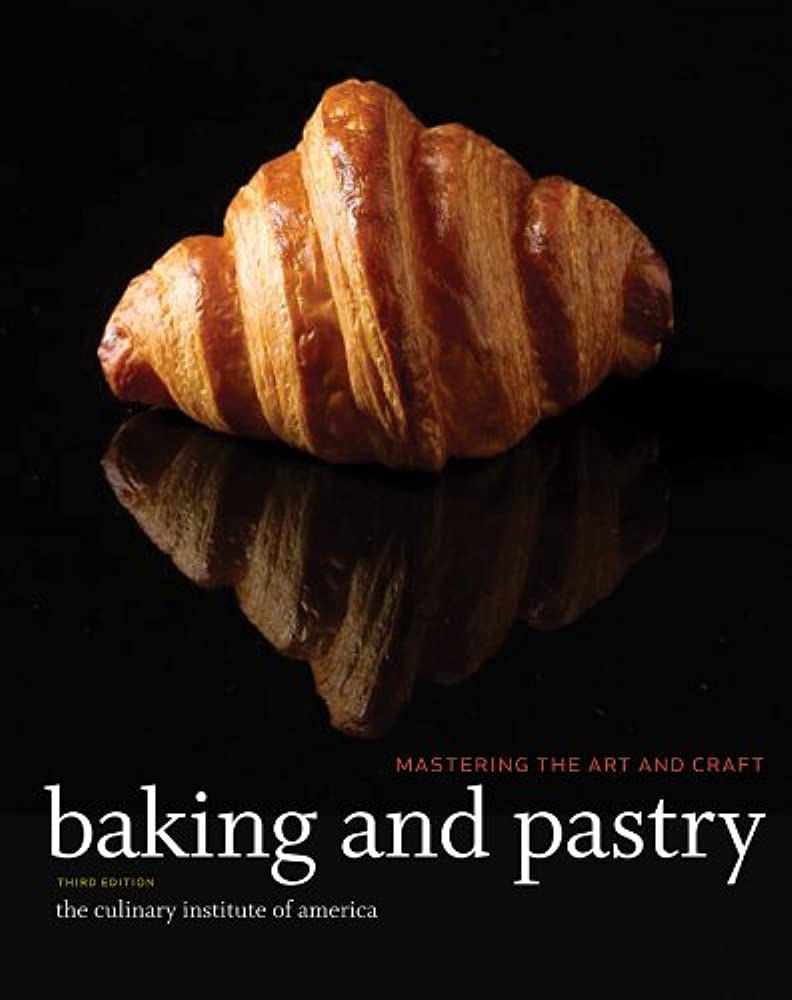Mastering the art of baking requires time, patience, attention to detail and a willingness to learn and experiment with different techniques. Necessary tools and equipment include measuring cups and spoons, mixing bowls, a stand mixer or hand mixer, baking pans, a rolling pin, a kitchen scale, and an oven thermometer. Baking techniques that can help beginners become experts include preheating the oven, measuring accurately, using room temperature ingredients, sifting dry ingredients, avoiding overmixing, working with chilled dough, and refraining from opening the oven door too often. With practice, beginners can perfect the art of baking and make delicious, tender, visually appealing pastries.
Mastering the Art of Baking: Top Techniques for Perfect Pastries
Introduction
Baking is a popular hobby that requires time, patience, and attention to detail. While people can easily buy pastries from the bakery, there is nothing quite like the satisfaction of making your own creations from scratch. However, mastering the art of baking and creating perfect pastries requires a willingness to learn and experiment with different techniques.
Tools and Equipment
Before diving into the techniques, it is important to have the necessary tools and equipment. Every baker needs a good set of measuring cups and spoons, mixing bowls, a stand mixer or hand mixer, baking pans, and a rolling pin. A kitchen scale is also essential for ensuring accurate measurements. Lastly, invest in a good quality oven thermometer to ensure your pastries are baking at the correct temperature.
Baking Techniques
The following are some baking techniques that can help beginners become expert bakers.
Preheat Your Oven
Preheating the oven is an essential step in baking. This ensures that the oven reaches the correct temperature, and your pastries cook evenly. Always preheat your oven 10-15 minutes before baking.
Measure Carefully
Accurate measurement is crucial in baking. A small mistake can cause your pastry to turn out differently than expected. Besides using measuring cups and spoons, using a kitchen scale can ensure precision in measurements.
Room Temperature Ingredients
Room temperature ingredients, especially when using eggs and butter, can help ensure a more even texture in pastries. Cold butter can cause the pastry to be tough, which makes it harder to work with. Leave eggs and butter at room temperature before use.
Sift Dry Ingredients
Sifting dry ingredients such as flour, cocoa powder, and sugar ensures that there are no lumps in the mixture. This is especially important when baking cakes and muffins, which require a smooth texture.
Avoid Overmixing
Overmixing the batter can cause a tough, dense pastry. Mix the ingredients until they are just combined, and do not overwork the dough.
Work with Chilled Dough
Chilling the dough before working with it can make it easier to handle. It also helps keep the pastry flaky and tender.
Don’t Open the Oven Door
Opening the oven door while baking can cause a sudden change in temperature, which can affect the baking time and quality. Only open the oven door when necessary, and avoid peeking in too often.
Conclusion
Mastering the art of baking requires patience and practice. By following these tips and techniques, beginners can start baking pastries that are delicious, tender, and visually appealing. With time and experience, you can take on more advanced recipes and techniques, and perfect the art of baking. Happy baking!
